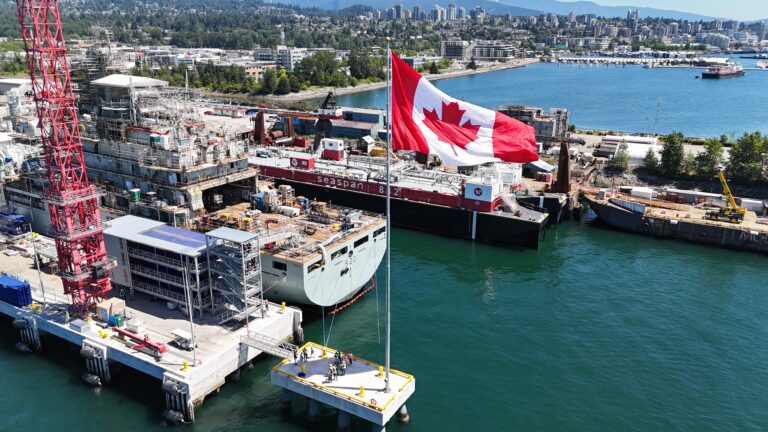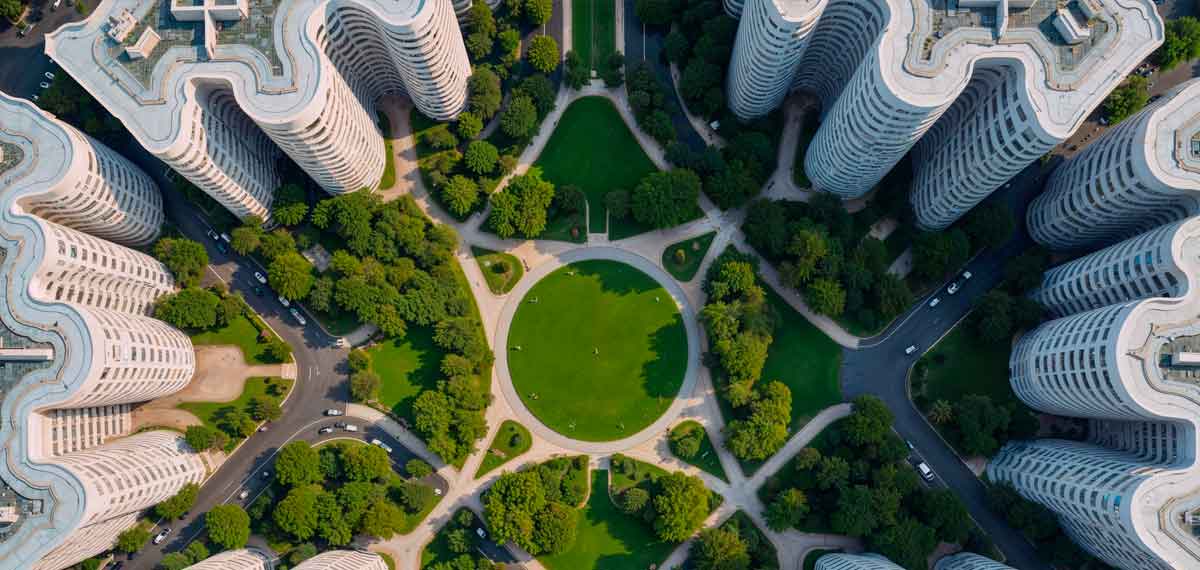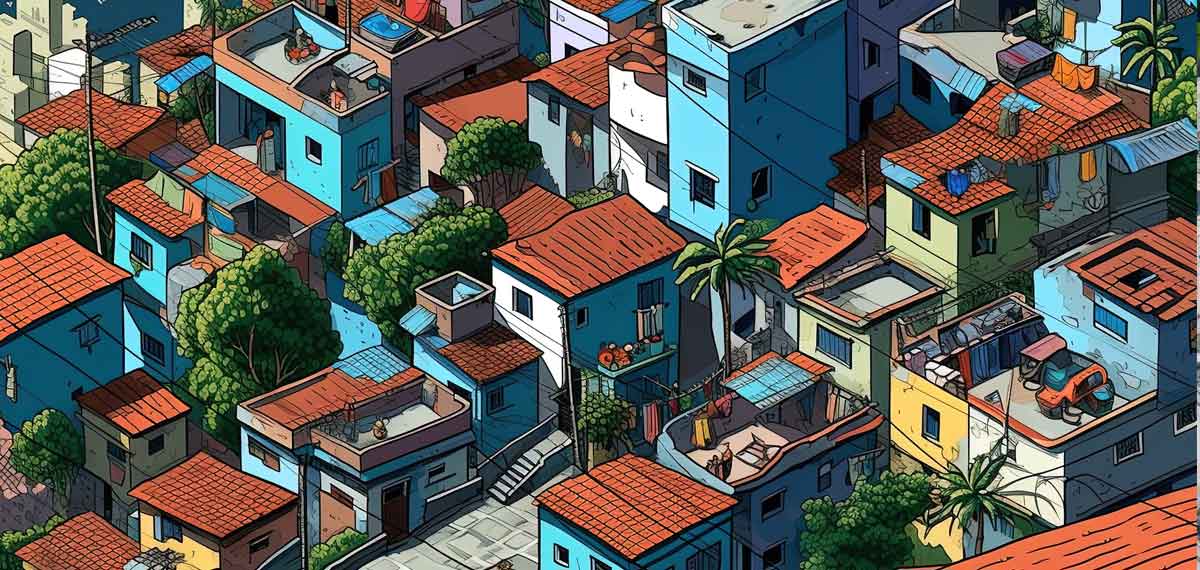Miro Cernetig: The Blue Economy is worth $3 trillion globally. Every savvy nation and city with a coastline is racing to claim its piece. Why not us? Metro Vancouver and B.C. have the geography, talent, infrastructure, and values.

Seaspan in North Vancouver is just one example of the talent and infrastructure that make B.C. a unique hub for the world’s Blue Economy, writes Miro Cernetig. Jason Payne/ PNG Photo by Jason Payne /PNG
Canada likes to call itself an energy superpower. Oil, gas, hydro, nuclear, wind and solar — we’ve got it all. But the truth is that our greatest superpower is all around us. Our three coasts and mighty rivers.
Canada is an ocean superpower. And on the west coast, in Metro Vancouver and across B.C., we need to embrace that reality and brand ourselves for what we are: a unique hub for the world’s Blue Economy.
Too often we see the Pacific through the wrong lens. For many it’s a playground — beaches, sailboats, kayaks, cruise ships. Or it’s freighters at anchor, tankers sliding past Point Grey, exports heading to Asia. But the ocean is more than a backdrop or shipping lane. It is our greatest strategic asset, and a story on which we can build prosperity, resilience, new companies — and best of all — an identity in the century ahead.
Vancouver has done this before.
The idea of “Vancouverism” — a blend of urban design, livability, and sustainability — became a global brand in architecture and city-building. Now it’s time to do it again, but with oceans. We became the world’s most livable city because of our careful stewardship of our rivers, coast and parks.
Ocean Networks Canada, based at the University of Victoria, operates the world’s largest undersea sensor system, tracking earthquakes and climate shifts.
Genome B.C. and its partners are pioneering genetic science that allows us to measure biodiversity and preserve ecosystems.
Our universities — UBC, SFU, University of Victoria, BCIT, Capilano — are producing engineers and entrepreneurs in robotics, AI, and marine sciences.
Seaspan in North Vancouver is building high-tech icebreakers for the Arctic.
First Nations, with 10,000 years of ocean stewardship, are reshaping port expansions, LNG projects, and infrastructure deals in ways that marry prosperity to sustainability. And there is a deeper cultural foundation: Modern British Columbia has long made sustainability part of its DNA.
Greenpeace was born here, sending small boats out into the Pacific to challenge whaling fleets and nuclear testing. Massive marine parks — like Gwaii Haanas and Pacific Rim — stand as monuments to our insistence that the ocean be protected as well as used. This care of the oceans’ health, Indigenous and modern, gives us credibility that few other places can match
The Blue Economy is already worth $3 trillion globally and growing fast. Every savvy nation and city with a coastline is racing to claim its piece. Norway is branding itself as the leader in sustainable shipping. Singapore brands itself as the logistics capital. San Diego has branded itself as an ocean tech hub.
Why not us?
Metro Vancouver and B.C. have the geography, talent, infrastructure, and values. What we lack is the conviction and the strategy to declare it. We need to tell the world: when you think oceans, you think Vancouver. When you think Blue Economy, you think B.C.
That means building our brand with policy, not rhetoric.
We must align tax incentives and capital markets to make this the best place in the world to scale ocean startups. Tie public procurement to Canadian innovation so homegrown firms find their first customers here and stay here. Let’s protect Canadian ocean IP so our ideas aren’t siphoned abroad. And always ground growth in stewardship, where First Nations leadership and young people passionate about sustainability keep us true to our values.
This is about economics. Investment and jobs will flow from a Blue Economy brand. Yet it’s also about identity.
A Blue Economy brand tells the world who we are: leaders in ocean science, champions of biodiversity, partners in decarbonization, and innovators in fisheries management, robotics and AI directed to the oceans. That becomes an invitation for global investors, entrepreneurs, and researchers to come here, join us, and scale with us.
The Pacific is not scenery. It is our future. To ignore it is to miss the greatest opportunity in front of us.
Canada may continue to call itself an energy superpower. But on the West Coast, we should call ourselves what we truly are: the ocean superpower.
The Blue Economy brand is ours to claim. It’s time we told the world.
Miro Cernetig is CEO of CityAge, which is unveiling its GreenBlueOceans campaign at The Next Metro Vancouver summit on Oct. 20, in partnership with The Vancouver Sun. You can learn more at cityage.com/events/the-next-vancouver/



